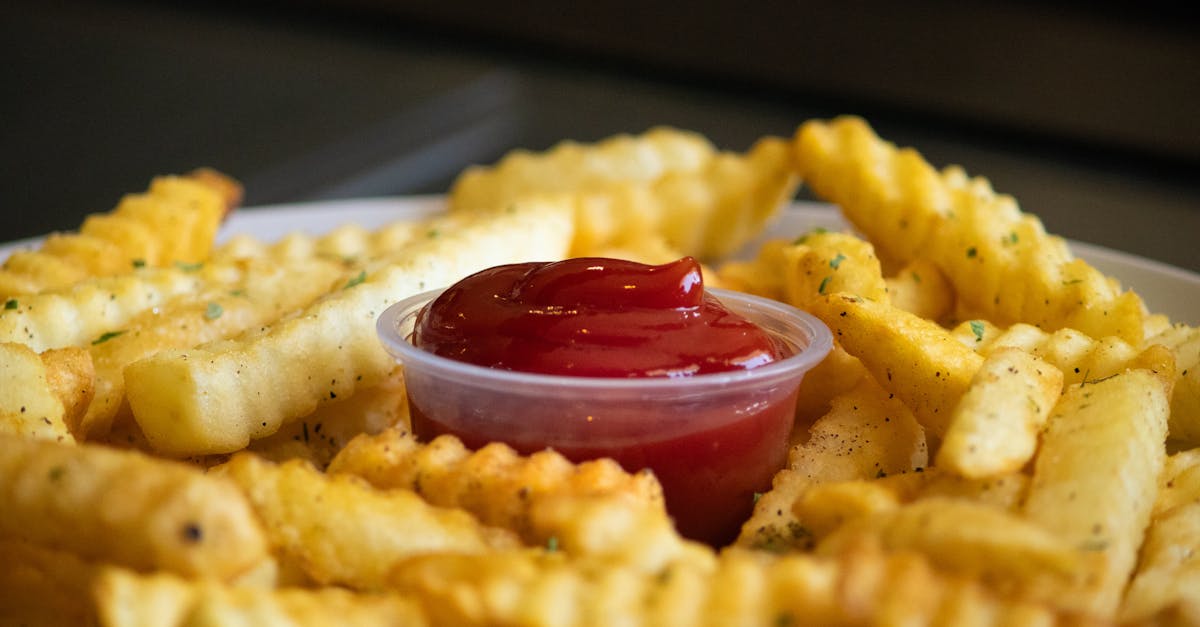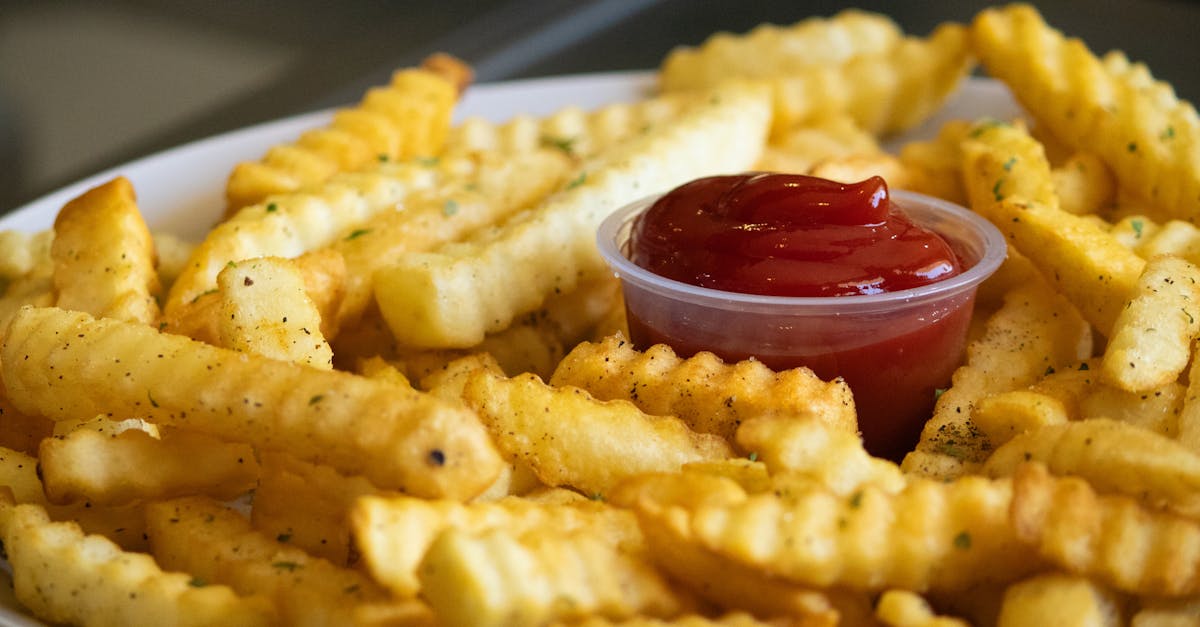This article explores clever techniques for eliminating stubborn wallpaper glue that can greatly enhance your renovation efforts. It begins with the importance of preparing the room by clearing furniture and protecting surfaces. Next, a simple mixture of hot water, dish soap, and baking soda proves effective in loosening adhesives. Methodically applying this solution with a sponge allows for easier removal using a putty knife. For incredibly stubborn glue, a commercial remover may be beneficial. Finally, we’ll touch on the importance of thorough cleaning to ensure a flawless paint job.
The Art of Space Transformation: Painting Trends for Residential and Commercial Renewal
Revitalizing your living or business space can be an exciting yet daunting prospect. With the ever-evolving world of design, staying updated with the latest painting trends is crucial for achieving a vibrant atmosphere. Whether you’re contemplating a fresh coat of paint for your home or looking to enhance the appeal of your commercial property, understanding color psychology and effective techniques can set the stage for a successful transformation.
From calming pastel hues to bold accent walls, the spectrum of colors in trend can dramatically influence the perception and mood of any environment. The beauty of paint lies not only in its aesthetic value but also in its ability to create a welcoming ambiance for family, friends, or customers. Moreover, incorporating innovative materials and techniques can elevate your space beyond the conventional.
This guide will explore practical advice, real-life project examples, and essential tips for wielding a paintbrush with confidence—ensuring your renovation journey becomes an enjoyable experience that breathes new life into your surroundings.

Effective Techniques for Removing Stubborn Wallpaper Glue
| Technique | Description |
|---|---|
| Hot Water Soak | Apply a hot water solution with dish soap and baking soda to soften adhesive. |
| Vinegar Addition | Add vinegar to your solution for tougher glue adhesion, enhancing effectiveness. |
| Plastic Spatula Use | Utilize a plastic spatula for scraping to prevent wall damage and gouging. |
| Work in Sections | Focus on smaller areas to allow the solution to penetrate without drying out. |
| Commercial Removers | For resistant glue, consider a commercial wallpaper remover for effective results. |
| Final Clean-Up | Thoroughly wipe off remaining glue with a clean cloth to ensure a smooth paint job. |
Transforming Spaces: Latest Trends in Painting and Renovation
The world of interior design is constantly evolving, and one of the most significant aspects of this transformation is the art of painting. Whether you’re looking to rejuvenate a tired residential space or enhance the appeal of a commercial establishment, understanding the latest trends in painting can create a substantial impact. This guide delves into the colors, techniques, and materials that are currently shaping renovation projects, offering practical advice and real-life examples to inspire your next project.
The Power of Color
Colors can profoundly influence our emotions and perceptions of space. The trending palette of today encapsulates a mix of bold and subdued hues, allowing for creative expression while ensuring a welcoming environment. Here are some popular color trends to consider:
- Earthy Tones: Shades like terracotta, olive green, and muted browns are making a strong comeback. These colors bring warmth and a sense of nature into interiors, making them perfect for living rooms or even corporate offices seeking comfort.
- Bold Accents: Vibrant colors such as navy blue, emerald green, and deep burgundy are often used as accent walls or in decor elements, creating a focal point that draws attention and adds depth to the space.
- Soft Pastels: Gentle hues like blush pink, soft lavender, and light mint continue to dominate. Ideal for bedrooms and nurseries, they evoke serenity and calmness.
In a recent project, an office space decided to incorporate earthy tones by painting the walls in a soft terracotta while keeping the furniture in natural woods. The result was an inviting workplace that felt both modern and cozy, significantly improving employee morale.
Effective Painting Techniques
Once you’ve selected your color scheme, it’s essential to consider the techniques that will bring your vision to life. Choosing the right painting method can enhance the aesthetic of any room:
- Ombre Effect: This technique blends two colors seamlessly, creating a faded transition from light to dark that adds dimension to walls. This effect works exceptionally well in bedrooms and creative spaces.
- Stenciling: Adding patterns or designs through stenciling can give personality to any space. It’s especially effective in kitchens or dining areas, where a pop of creativity can stimulate conversations.
- Color Blocking: This trendy technique involves painting large blocks of color in geometric patterns. It can act as a bold statement for living rooms or offices, contributing to the overall modernity of the environment.
For instance, a recent residential makeover featured color blocking in a child’s playroom, incorporating yellow and blue portions on the walls. It transformed an ordinary room into a vibrant playground, sparking joy and creativity.
Innovative Materials for Painting
The shift towards sustainability and innovation has also influenced the materials available in the painting industry. It’s important to choose products that are not only aesthetically pleasing but also eco-friendly. Here are some options:
- Low-VOC Paints: Traditional paints often emit volatile organic compounds (VOCs) that can harm air quality. However, modern low-VOC options provide vibrant colors with minimal impact on health.
- Chalk Paint: Known for its matte finish and smooth application, chalk paint is ideal for furniture and walls, giving a rustic effect that many homeowners appreciate.
- Eco-friendly Primers and Sealers: Using sustainable primers and sealers ensures that every layer of your painting project contributes to the environment’s well-being.
An instance of these materials in action can be observed in a recent commercial renovation of a café. Utilizing low-VOC paint, the café not only enhanced the ambiance but also promoted a healthier environment for both employees and customers, aligning with modern eco-conscious values.
The Importance of Preparation and Cleanup
Before diving into a painting project, preparations can significantly impact the outcome. Clearing the room, protecting furniture, and properly preparing surfaces are all steps that contribute to a smooth painting experience. Here’s a checklist to keep in mind:
- Clear the room of furniture and decorations.
- Use painter’s tape to protect edges and outlets.
- Choose a drop cloth or tarp to protect flooring.
- Ensure walls are clean and free of dust and grease.
After painting, don’t overlook the cleanup stage. A thorough clean-up ensures that no residues disrupt your new painting. It’s crucial to also remove any painter’s tape before the paint fully dries to prevent peeling.
Personalized Touches in Renovation
Beyond the basic paint job, incorporating personalized elements can elevate a space significantly. This could be achieved through:
- Accent Pieces: Adding artwork or decorative elements that complement the painted surface can enhance the overall aesthetic.
- Custom Murals: Working with local artists to create bespoke murals offers a unique touch that reflects the personality of the inhabitants.
- Functional Decor: Installing built-in shelves painted to match the color scheme not only looks good but provides additional storage.
For example, a family room transformed with a custom-made mural depicting a serene landscape created a connection with nature, becoming the centerpiece of conversation during family gatherings.
Final Thoughts on Painting Trends
Staying updated on the latest trends in painting and renovation empowers homeowners and business owners alike to create spaces that truly reflect their values and style. The right colors, techniques, and materials can rejuvenate any environment, leading to a harmonious balance between functionality and beauty.
Your next project could be just around the corner, and with the insights provided, it’s time to take action. The path to transforming your space starts with a single step, or in this case, a brushstroke.

Revitalize Your Space Today!
Transform your home or business with our exceptional painting and renovation services. Experience a stunning makeover that enhances your environment and boosts your property’s value. Contact us now for a personalized consultation and let our experts bring your vision to life!
Latest Trends and Tips in Painting and Space Renovation
Current Color Trends
- Earthy Tones: Soft greens, browns, and muted yellows evoke comfort and warmth, perfect for creating a serene atmosphere in homes and offices.
- Bold Accent Walls: Using deep navy, forest green, or even black for a single wall can add depth and drama to any room.
- Pastel Shades: Light pinks, blues, and lavenders are making a comeback, offering a fresh and refreshing touch to spaces.
- Metallic Finishes: Incorporating gold or silver paint can give a luxurious feel to any area, ideal for highlighting architectural features.
Effective Painting Techniques
- Using a Primer: Always apply a quality primer before painting to enhance adhesion and coverage, ensuring vibrant colors that last longer.
- Brushing vs. Rolling: Use brushes for edges and detailed work while rollers are best for larger flat surfaces to achieve a smooth finish.
- Two-Coat Application: Applying two coats of paint provides better color saturation and coverage, particularly with lighter shades.
- Consider the Lighting: Evaluate how natural and artificial light affects color appearance throughout the day to choose the right tones for your space.
Practical Renovation Advice
- Declutter First: Remove all furniture and appliances from the area to create a clean slate and protect your belongings from dust and paint splatter.
- Assess the Wall Condition: Repairing any damages prior to painting can significantly improve the final result, ensuring a polished look.
- Use Quality Tools: Investing in high-quality brushes and rollers can greatly reduce application time and improve the finish quality.
- Experiment with Textures: Utilize techniques such as sponge painting or stenciling to add unique textures and patterns to your walls, elevating the overall design.
Innovative Materials
- Eco-Friendly Paints: Opt for low-VOC or zero-VOC paints that produce less odor and are safer for the environment, ideal for families and pets.
- Smart Paint: Explore paint options that can change color with temperature or light, offering a dynamic design element to any space.
- Liquid Wallpaper: This innovative product combines the beauty of wallpaper with the ease of paint, creating seamless and stunning wall coverage with added texture.
«`html
Frequently asked questions
Glossary of Key Terms
- Color Psychology
- The study of how colors influence perceptions and behaviors, essential in choosing paint colors that evoke the desired atmosphere in a space.
- Sheen
- The finish or glossiness of paint, which can affect the look and durability of a painted surface. Common sheens include matte, eggshell, satin, semi-gloss, and gloss.
- Eco-Friendly Paint
- Paint that is formulated with fewer volatile organic compounds (VOCs) and harmful chemicals, making it safer for indoor air quality and the environment.
- Accent Wall
- A wall that is painted a different color or pattern from the surrounding walls to create a focal point and add visual interest to a room.
- Trim
- The narrow boards or moldings that frame doors, windows, and baseboards, often painted a contrasting color to enhance the architecture of a space.
- Preparation
- The process of readying walls for painting, which can include cleaning, sanding, and priming to ensure a smooth and long-lasting finish.
- Textured Paint
- Paint that contains additives to create a raised pattern or finish on the surface, providing depth and a unique aesthetic.
- Undercoat
- A preliminary layer of paint applied before the topcoat to improve adhesion, enhance color vibrancy, and prevent stains from bleeding through.
- Faux Finish
- A decorative painting technique that replicates the appearance of materials such as marble, wood, or stone, adding sophistication and style to a room.
- Color Palette
- A selection of colors used in a single space or coherent design, which can create harmony or contrast to enhance the overall aesthetic.
El uso de clever techniques for eliminating stubborn wallpaper glue es crucial para garantizar que su proyecto de renovación sea exitoso y sin contratiempos. Al seguir pasos simples como preparar adecuadamente el área de trabajo y utilizar soluciones caseras eficaces, se puede ahorrar tiempo y esfuerzo. Recuerde, la clave está en ser paciente y trabajar en secciones pequeñas, además de utilizar herramientas adecuadas para evitar dañar la pared. Al aplicar estos consejos, no solo logrará eliminar el adhesivo de forma efectiva, sino que también se preparará para aplicar una nueva capa de pintura que revitalizará el espacio. ¡No dude en poner en práctica estas técnicas en su próximo proyecto y disfrutar de un ambiente fresco y renovado!
Preparation is Key
Before diving into the task of removing wallpaper glue, it’s essential to prepare the space thoroughly. A clean work area can significantly ease the process.
- Clear the Room: Move out all furniture and accessories. If moving everything isn’t feasible, cover your belongings with plastic tarps to protect them from moisture and debris.
- Cover Electrical Outlets: Use painter’s tape to cover outlets, and consider turning off power in that room for added safety during the removal process.
- Gather Supplies: Have plenty of trash bags on hand to dispose of any residue. Additionally, prepare a bucket, sponge, cloth, and putty knife for effective removal.
Effective Solution Mix
Creating an effective solution is crucial for breaking down stubborn adhesive. A well-balanced mix can make all the difference.
- Hot Water Mixture: Combine hot water, liquid dish soap, and a tablespoon of baking soda in a bucket. For particularly tough glue, add one cup of vinegar per gallon of water for extra kick.
Methodical Application
It’s important to apply the solution methodically to ensure optimal results.
- Small Sections: Work in small areas instead of tackling the entire wall at once. This allows the solution to soak in properly without drying out too quickly.
- Gentle Scraping: Use a plastic putty knife instead of a metal one to scrapes off soft glue. This technique minimizes the risk of damaging the wall.
- Wipe and Check: After soaking, use a cloth to wipe the glue softly. If any remnants remain, continue the treatment until the glue is effectively removed.
Transform Your Space Today!
Revitalize your home or business with our expert painting and renovation services. Experience unmatched quality, personalized attention, and innovative solutions tailored to your unique needs. Don’t wait any longer to create the environment you’ve always dreamed of – reach out to us now!
Mariana Pons is the visionary behind some of the most stunning transformations at TS Painting & Restoration. With a strong background in design and renovation, she has empowered countless clients in Florida to revitalize their homes and businesses with her expert painting solutions. Born in the Dominican Republic and raised in New York, Mariana seamlessly blends urban sophistication with tropical charm in her approach.
Her philosophy revolves around transformative energy. Mariana thrives on taking outdated or neglected spaces and turning them into vibrant, inviting environments. Her project portfolio is filled with compelling before-and-after stories that highlight her skill in overcoming challenges and delivering exceptional results, making her a trusted partner for clients seeking to enhance their spaces.
Outside of work, Mariana enjoys exploring new cultures through travel, indulging in culinary experiences, and staying ahead of the latest interior design trends. She believes that every project is not just a task, but an opportunity to create something extraordinary that reflects the personality and desires of her clients.
At TS Painting & Restoration, Mariana is committed to using high-quality materials and innovative techniques to ensure each painting project exceeds expectations. Her passion for color and design enables her to guide clients in selecting the perfect palettes that breathe life into their spaces, making every home and business a true reflection of individuality.


